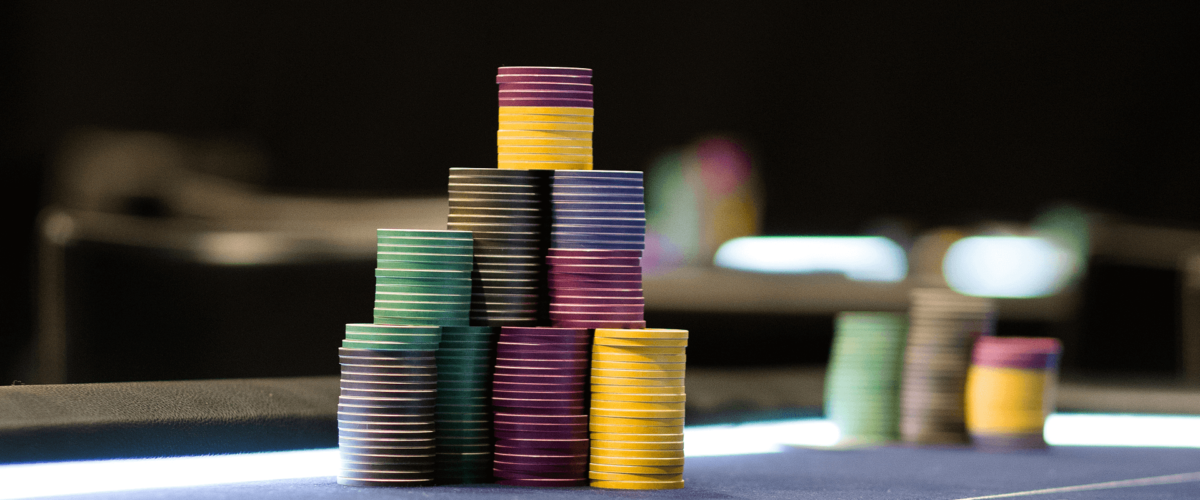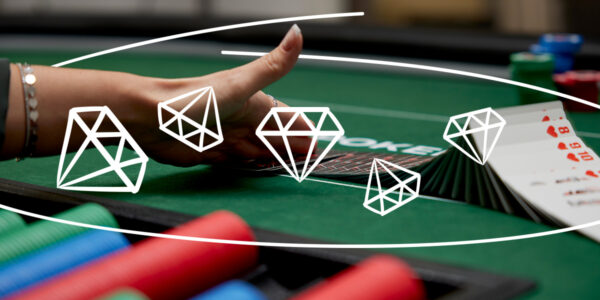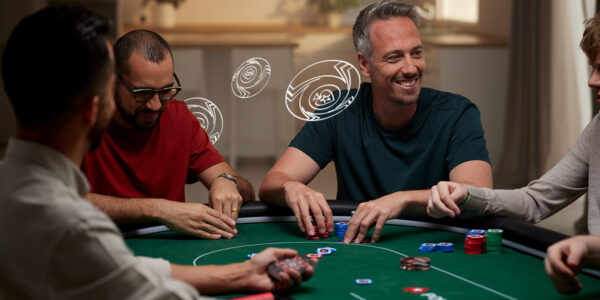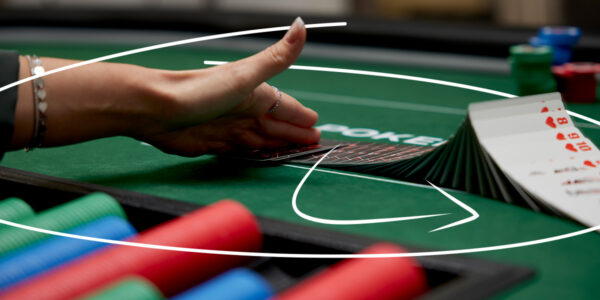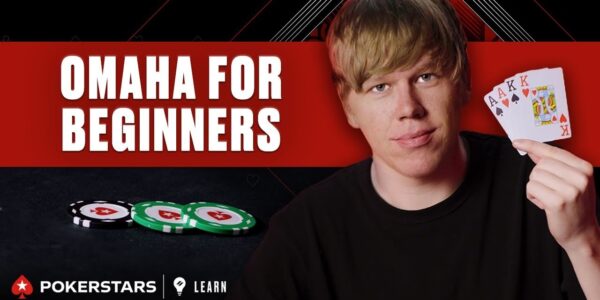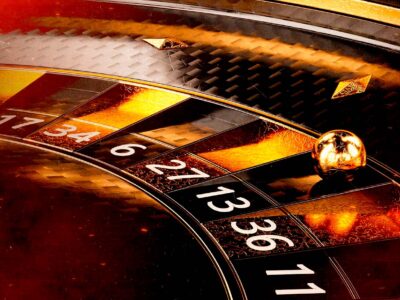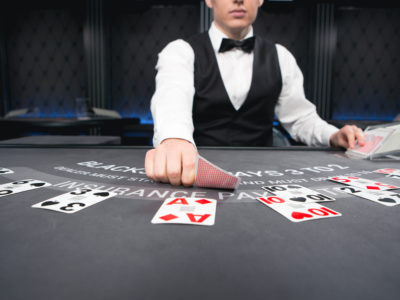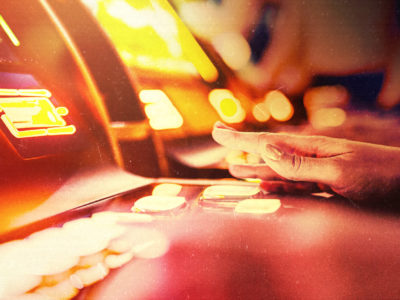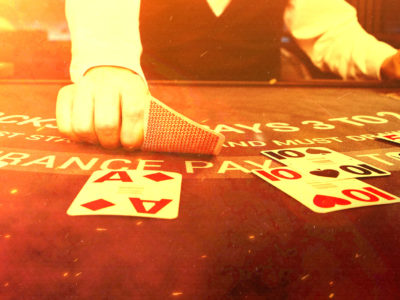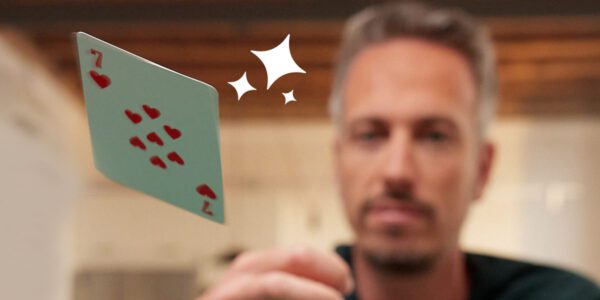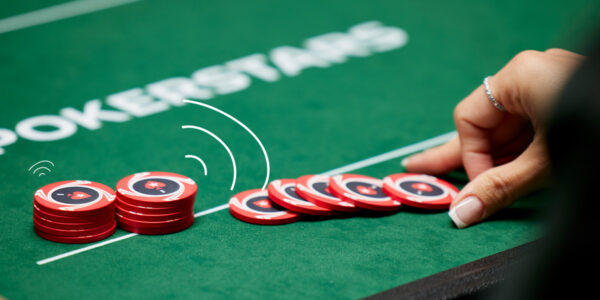How Decisions Affect Your BB/100
Last time, we learned how to interpret BB/100 to get an idea of how well you are currently doing in the games you frequent. Now we get a little more technical and see how this stat can be affected by decision making at the tables. As we shall see, it is very sensitive and making better choices in common spots will have a huge effect on your overall win-rate. This is why good decision making separates the long-term winners from the losers.
Example 1 – Defending the Big Blind
One of the clearest demonstrations of how our poker choices affect BB/100 can be seen in the decision of whether or not to call a steal in the big blind. In a cash game, every one folds round to an active regular in the SB who opens to 3BB. Hero is in the BB with 96s. The EV of folding here is -1 BB per hand, or to put it into our familiar metric, -100BB/100. This might look dreadful at first sight given what we learned last time about 5BB/100 being a large win-rate! But if we look closer, we can acknowledge that the 5BB/100 win-rate is an overall measure of every spot we will ever be in. It is the result of many scenarios which are very positive and others which are very negative. Having someone attack your big blind when you do not have a big hand is simply one of the most losing common situations in the game. It is normal for folding our big blind to be so expensive and this is the position from which we shall suffer the biggest loss rate – somewhere between -35BB/100 and -50BB/100. We have to make up for this in the other positions.
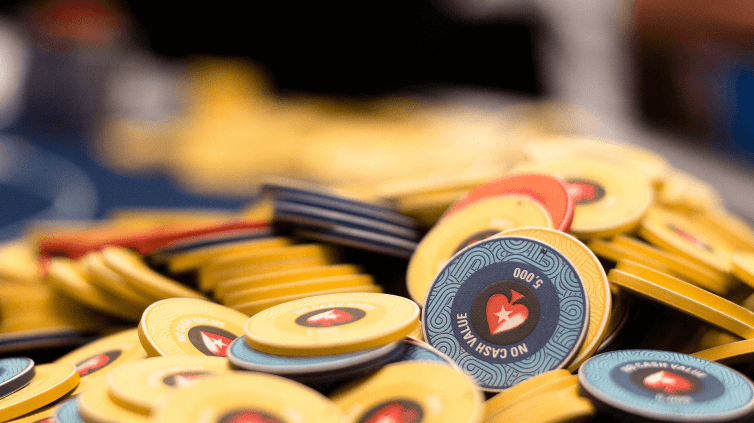
The relevant question for this pre-flop decision is: Will calling have a smaller loss rate than folding? Of course, we do not expect to make money by calling a 3x open with such a weak hand, but we can maybe do better than our loss rate when we fold. Let’s try a thought experiment:
Imagine that on average we could get back just 40% of the pot. We grant our opponent an equity advantage over our hand. In fact, against a 40% SB steal range, we have around 39% equity. However, because we have position and a hand that can make some draws to strong hands, we should be able to fight our corner and realise a good portion of our equity. It is not so farfetched to think that our hand and our position might be worth around 40% of the pot if we call.
If this were the case, we would get back 40% of a 6BB pot, or 2.4BB by calling. We would have paid a total of 3BB to do this, meaning that our call pre-flop led to us losing 0.6BB per hand, which is -60BB/100 – a huge improvement on the -100BB/100 of folding.
One mistake that newer players commonly exhibit is failing to defend blinds in spots where doing so leads to a healthier BB/100 than folding.
Example 2 – Exploitative Stealing
Now we turn the tables and get to be the guy having all of the fun. We are in the small blind and it’s folded to us. This is one of the most important cash game spots to get right. Against overly tame opponents, we should try to steal exceedingly wide – borderline crazily. We look down at T5o, one of the weakest possible starting hands. Villain, however, is a very tight player who has thus far been folding most hands; rarely making large opens with premium stuff. We make the somewhat optimistic, but not ridiculous assumption that he will fold 70% of starting hands to a SB steal of 2.5BB. This is a horrific strategy, but this is a horrifically tight opponent!
Our EV if we fold? You guessed it: -50BB/100. Can we do better than that by stealing? Well, if Villain folds 70% of the time and we decided to adopt the absurd strategy of folding every single flop (even when we flop quads) our EV per hand would be:
(0.7 x 1BB) + (0.3 x -2.5BB) = 0.7BB – 0.75BB = -0.05BB
This is a loss rate of -5BB/100: a vast improvement on the -50BB/100 of folding.
Now, let’s be clear – we are not going to fold quads on the flop. We just assumed that we would for simplicity. In reality, we will play a far better strategy than giving up every time our steal is called. As a result, our true EV is probably positive in BB/100. The gain is more than 50BB/100 for stealing this hand against this opponent if our assumption about his folding frequency is accurate. Note that sizing to 3BB would have lowered our steal EV assuming such a tight player does not change his calling range too much to different sizes.
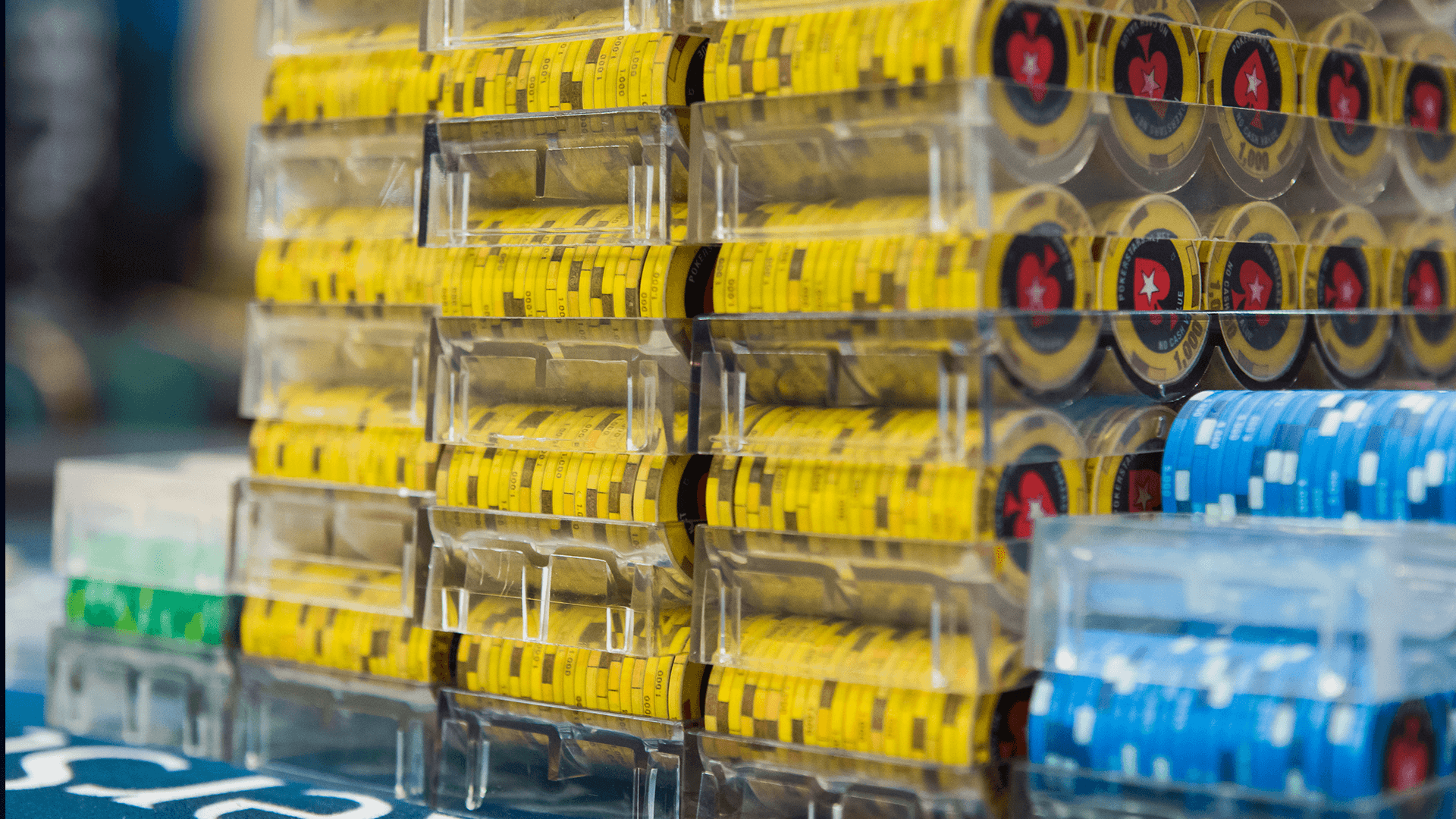
Example 3 – Calling a C-Bet
Sticking with the BB vs SB template, and going back to example one, let’s say that you called the 3BB raise with your 96s and saw a flop of AQ6r. Villain bets half of the pot and the action is on you. What is the EV of folding now? That’s right, it’s -3BB or -300BB/100. How much of this pot are we entitled to if we call?
I would imagine less than half off it, but not by much. If Villain is betting a lot of his range here, as most players will then we could actually have around 45% equity even with just third pair. We may not realise all of this equity, especially if Villain is aggressive, but we can always improve and win a massive pot against the likes of AK or AJ. I think it’s reasonable to assert that we could get back between 30% and 40% of the pot without difficulty – maybe more if Villain gives up a lot on the turn. If we get back 35% of this pot on average – a pessimistic assumption, then what is our EV? The pot after we call will be 12BB and we will get back 4.2BB. We will have invested a total of 6BB by this point and so our net loss for the whole hand is -1.8BB or -180BB/100. This is an improvement on the -300BB/100 of folding. It would be a large mistake to fold this flop under these assumptions.
Conclusion
The calculations in this article might seem a little approximate and vague. It is true that they rest on some assumptions that we cannot mathematically prove, but that is due to the amount of unknown information in the game. It is easy to see how making mistakes that cost 40BB/100, or in the last case, 120BB/100 can add up to have a massive effect on BB/100. Do not under-estimate the importance of blind defence, stealing wide and flop defence on your win-rate.
View Other Blogs




